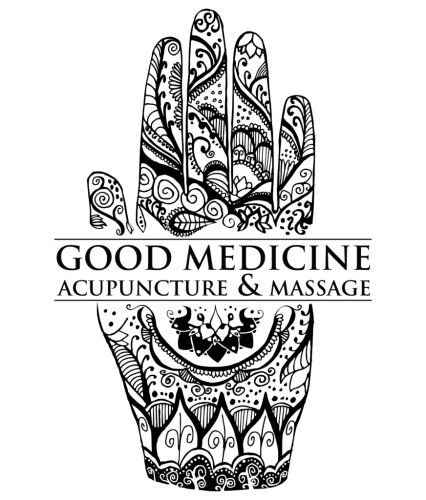Winter has come early to Missoula this year.
And with the cold, many people are suddenly feeling more tired and drained than usual – and who wants to feel that way with all of the fun winter activities that lie ahead?
The ancient Chinese believed that we should live in harmony with the seasons. Each season has its set of recommendations for keeping our health, immune systems, and energy strong.
We can still enjoy our usual activities, and by following these simple suggestions we can also maintain good energy, keep our immune systems strong, and go into the spring season healthier, and with less chance of catching colds.
In the ancient Chinese medical texts, people are advised to go to bed early and get up after sunrise, as the sun will have had a chance to warm things up a bit. This will naturally help us be warmer when we get up, and help us deal with the cold temperatures. This advice is so effective that today, over 2000 years later, people around the world still follow these guidelines.
Here are some suggestions for boosting energy and the immune system during the long winter months ahead:
- Eat meals that will help deeply nourish and warm the body – including eating warm, hearty comfort food, root vegetables, soups, whole grains, and roasted nuts.
- Stay well hydrated. Drink room-temperature water throughout the day.
- Go to sleep earlier, to help ensure you are well rested.
- Make sure you stay warm – if you are vulnerable to the cold, keep your head, neck, and upper and lower back covered and warm (even indoors if you have a weaker immune system).
- When you feel more tired and drained, make an effort to really rest and not expend much energy.
Seasonal acupuncture treatments in winter help strengthen and support our bodies – specifically what Chinese medicine refers to as our Kidney Qi (the “energy” of the Kidney).
The ancient Chinese viewed the Kidneys as our deepest reservoir of energy – so nourishing the Kidney Qi (especially in the Winter) plays an important role in keeping us strong and active during times of stress, helps both in healing and in preventing illness, and keeps our increases our overall energy.
Recommended Chinese Herbs for Balancing Chi in the Winter
Common herbs that make excellent teas or supplements to support your Chi during the winter include:
- Gui Zhi/Cinnamon: Invigorates circulation, and expels cold from the blood
- Sheng Jiang/Ginger: Beneficial to digestion, helps ventilate the Lungs, and treats cough
- Gan Cao/Licorice: Helps sore throat, muscle spasms
- Gou Qi Zi/ Goji Berry: Strengthens immune system, nourishes blood and moistens the lungs
- Da Zao/Chinese Date: Tonifies the qi and blood, generates fluids, supports the Stomach
- Huang Qi/Astragalus: Boosts the Wei Qi defensive layer of the body.
Common Symptoms Your Chi is Out of Balance this Winter
- Tightness and pain in the neck shoulders and traps
- Headaches
- Coughing
- Sinus issues
In ancient Chinese medicine, they understood that common cold was an invasion of the body by a pathogen. They believed it was the wind that would bring the pathogen into the body. They stress the importance of keeping your head warm and neck covered by wearing scarves and warm clothing.
You are also encouraged to eat warm, nourishing comfort foods. Avoid cold drinks and raw foods as they put too much strain on the digestion and chill the body.
Protecting the Lungs
The lungs are affected by dryness in the transition between autumn to winter. People often develop long-lasting, dry, hacking coughs.
It’s important to take herbal formulas or eat foods that are moistening. A highly recommended food to include in your diet if you are suffering from a dry cough is pears. Fresh pears or pear juice will moisten the lungs. Prepare them by eating them fresh or baking them with cinnamon and honey for a warm, comforting treat.
Just like the plants and animals that naturally rest and conserve their energy and food supplies, Chinese medicine views the cold, dark winter months as the time when we should also slow down a bit, “recharge” our batteries to increase and conserve our energy, and be especially aware of our health.

Recent Comments